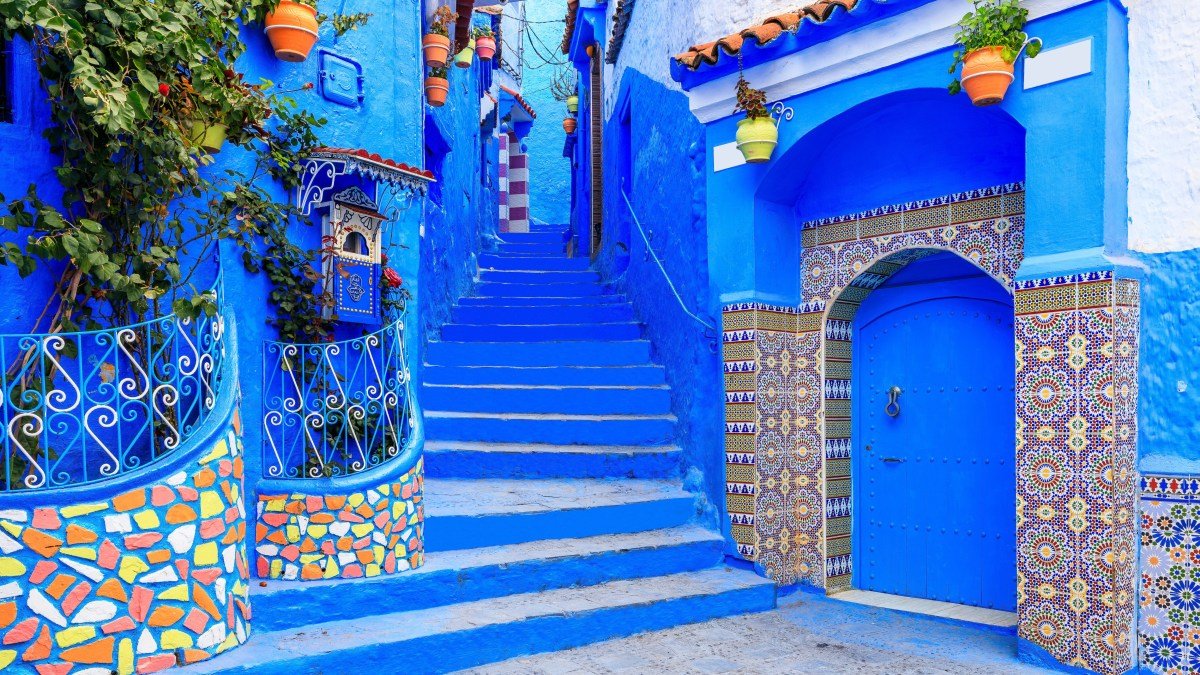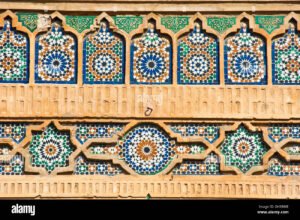Is Morocco Safe to Visit? A Comprehensive Guide for Tourists
Before we ask the main question, is Morocco safe to visit ? we must know that Morocco is a land of contrasts, where ancient traditions blend seamlessly with modern life. The country’s vibrant souks, breathtaking desert landscapes, and historic medinas attract millions of visitors each year. Whether exploring the bustling streets of Marrakech, hiking through the Atlas Mountains, or relaxing in a luxury riad, Morocco offers an unforgettable experience. However, safety is a common concern for many travelers. Questions about petty crime, cultural differences, and local laws often arise. The good news is that Morocco is generally safe for tourists, with proper precautions. This guide provides essential travel safety tips, practical advice, and cultural insights to help you navigate Morocco with confidence. We’re here to help! Message us on WhatsApp, and a team member will assist you personally.1. Is Morocco Safe to Visit? Understanding the Reality for Tourists
Morocco is one of the top travel destinations in Africa, welcoming over 12 million visitors annually. The tourism sector is a significant part of the economy, and authorities take security seriously to ensure visitors have a positive experience.Safety Overview
- Low violent crime rates: Incidents involving tourists are rare, especially in popular areas.
- Petty theft can occur: Like in any major tourist destination, pickpocketing and minor scams exist in crowded places.
- Well-policed tourist zones: Marrakech, Fes, and Casablanca have a strong security presence.
- Cultural considerations matter: Understanding local customs helps travelers avoid uncomfortable situations.
2. Safe and Unsafe Areas in Morocco
Safest Destinations for Tourists
- Marrakech: The city is lively and secure, but travelers should remain cautious in busy areas like Jemaa el-Fnaa.
- Chefchaouen: This peaceful blue-washed town is among the safest places in Morocco, ideal for relaxation and photography.
- Essaouira: A charming coastal city known for its friendly locals and secure environment.
- Sahara Desert: When visiting with a reputable tour company, desert excursions are both safe and unforgettable.
Areas Requiring Extra Caution
- Casablanca: As Morocco’s economic hub, some districts feel less tourist-friendly, particularly at night.
- Fes Medina: Its narrow alleyways can be confusing, making it easier to encounter pushy guides or scams.
- Tangier: Generally safe but known for aggressive street vendors and unofficial guides.
3. Is Morocco Safe to Visit for Solo Travelers and Women?
Solo travelers often feel safe in Morocco, though women may experience additional challenges.Safety Tips for Solo Travelers
- Choose accommodations wisely: Opt for riads and hotels with good security and reviews.
- Plan transportation in advance: Use reputable taxis or pre-arranged transfers, especially at night.
- Be aware of common scams: Politely decline unsolicited help from strangers in medinas.
Safety Tips for Women Travelers
- Dress modestly: Covering shoulders and knees can help reduce unwanted attention.
- Avoid walking alone at night: Especially in unfamiliar areas.
- Wear sunglasses and headphones: This can minimize interactions with street vendors and unwanted approaches.
- Firm but polite responses work best: A confident "no, thank you" (La, shukran) can discourage persistent attention.
4. Transportation Safety: Taxis, Trains, and Buses
Navigating Morocco is generally safe with proper planning.Taxis
- Use official petits taxis for short city trips and grands taxis for intercity travel.
- Always negotiate the fare upfront or ensure the meter is running.
- Avoid unmarked or unofficial taxis.
Trains
- ONCF trains are reliable and safe, with first-class offering a more comfortable experience.
- Keep an eye on belongings, especially in busy stations.
Buses
- CTM and Supratours are the most reputable bus companies.
- Avoid cheap, unregulated buses, which may lack safety standards.
5. Food and Water Safety: Staying Healthy While Traveling
Moroccan cuisine is a highlight of any visit, but food safety is essential.What to Eat and Drink
- Safe: Cooked dishes like tagine and couscous, freshly baked bread, and grilled meats.
- Caution: Street food is generally safe but should be bought from busy vendors with high turnover.
- Avoid: Tap water, unwashed salads, and dairy products from unreliable sources.
Preventing Traveler’s Stomach
- Drink bottled or filtered water.
- Carry hand sanitizer and wash hands before meals.
- Start with mild Moroccan dishes before trying spicy or rich foods.
6. Local Laws and Cultural Etiquette
Respecting Moroccan customs ensures a smoother experience.- Dress modestly in public spaces.
- Public displays of affection should be minimal.
- Alcohol is available but should be consumed discreetly.
- Photography: Always ask before taking photos of locals, especially in rural areas.
7. Emergency Contacts and Health Precautions – Is Morocco Safe to Visit?
Emergency Numbers in Morocco
- Police: 19 (landline) / 177 (mobile)
- Ambulance: 150
- Tourist Police: 0524 38 46 01
Health and Medical Care
- No required vaccines, but Hepatitis A, Typhoid, and Rabies shots are recommended.
- Pharmacies are well-stocked, but carrying essential medications is advised.
- Travel insurance with medical coverage is highly recommended.









